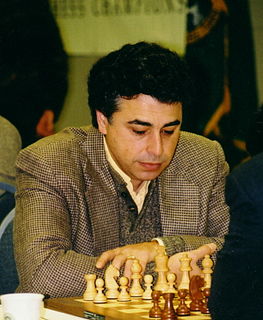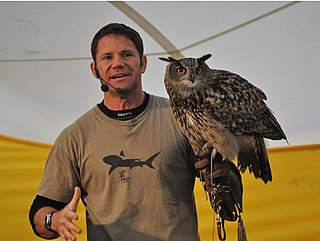A Quote by Pawel Pawlikowski
'Ida' doesn't set out to explain history. That's not what it's about. The story is focused on very concrete and complex characters who are full of humanity with all its paradoxes. They're not pawns used to illustrate some version of history or an ideology.
Related Quotes
Meek's Cutoff by Kelly Reichardt. It's beautifully shot. It's a complex story. The filmmaker gave a very patient and feminine touch to a story that takes place during a period of history that's very masculine, without losing any of the unforgiving harshness of the reality where the characters found themselves in.
'Meek's Cutoff' by Kelly Reichardt - it's beautifully shot. It's a complex story. The filmmaker gave a very patient and feminine touch to a story that takes place during a period of history that's very masculine, without losing any of the unforgiving harshness of the reality where the characters found themselves in.
I feel very strongly that history is about everything. It isn't just about politics or the military or social issues. If art, music, engineering, science, medicine, finance, the world of architecture and technology - if those are left out, then you're not getting a full sense of the human condition. History is human and we human beings are involved in all kinds of things and that's part of our humanity.
I think people crave those meaningful situations, stuff about faith, identity, dilemmas of live paradoxes in our souls. It's going back to a time where lives were really defined by history, and also how you behave in the face of history. It's kind of interesting to go back to that simpler humanity, simpler but deeper.
The gravest error a thinking person can make is to believe that one particular version of history is absolute fact. History is recorded by a series of observers, none of whom is impartial. The facts are distorted by sheer passage of time and thousands of years of humanity's dark ages, deliberate misrepresentations by religious sects, and the inevitable corruption that comes from an accumulation of careless mistakes. The wise person, then, views history as a set of lessons to be learned, choices and ramifications to be considered and discussed, and mistakes that should never again be made.
In the history of humanity there are no civilizations or cultures which fail to manifest, in one or a thousand ways, this need for an absolute that is called heaven, freedom, a miracle, a lost paradise to be regained, peace, the going beyond History... There is no religion in which everyday life is not considered a prison; there is no philosophy or ideology that does not think that we live in alienation.... Humanity has always had a nostalgia for the freedom that is only beauty, that is only real; life, plenitude, light.




































